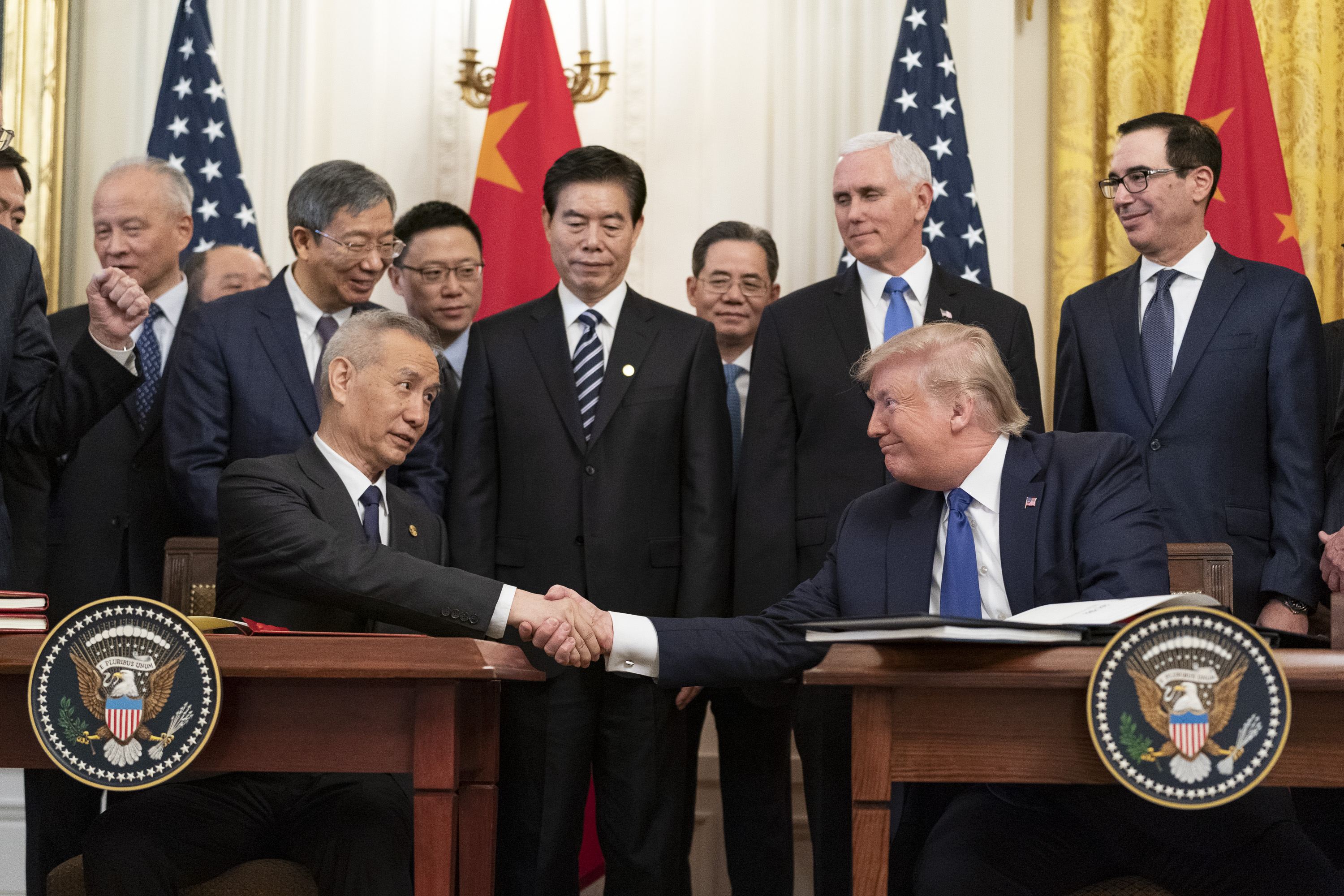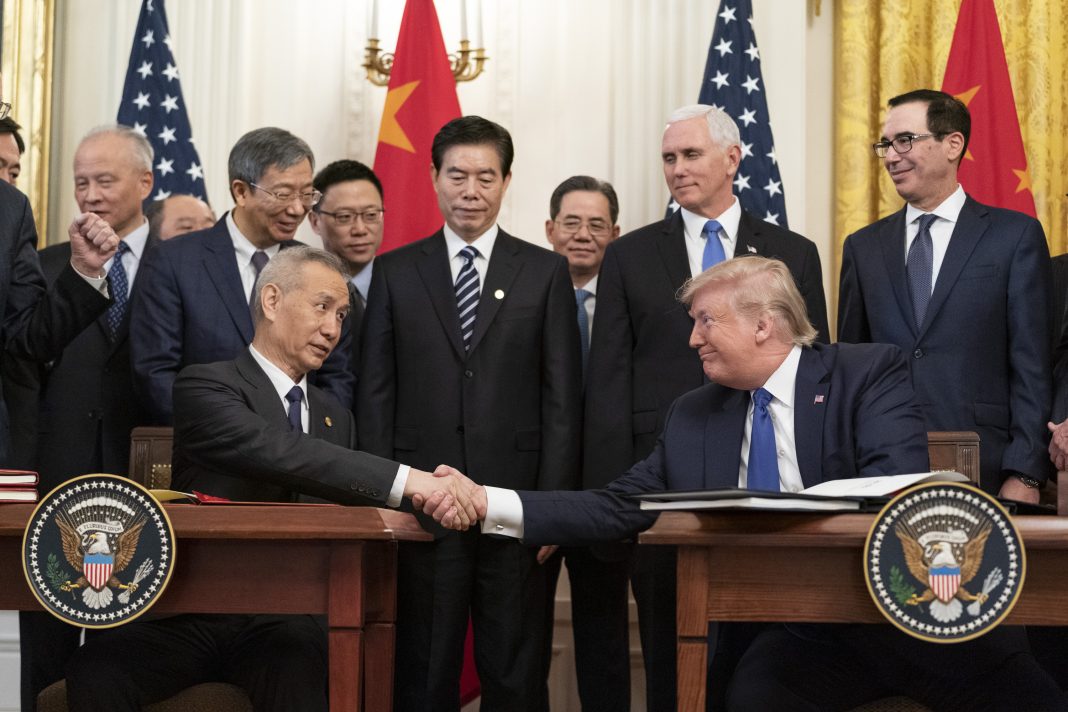 The United States and China are currently embroiled in a full-fledged trade war that shows no signs of abating. The conflict between these two economic powerhouses has been brewing for the past six years, with President Donald Trump imposing punitive tariffs on Chinese goods in an attempt to address unfair trade practices. However, these measures failed to bring about the desired change.
The United States and China are currently embroiled in a full-fledged trade war that shows no signs of abating. The conflict between these two economic powerhouses has been brewing for the past six years, with President Donald Trump imposing punitive tariffs on Chinese goods in an attempt to address unfair trade practices. However, these measures failed to bring about the desired change.
Despite the change in administration, President Joe Biden has chosen to maintain these tariffs, with U.S. Trade Representative Katherine Tai emphasizing their importance in eliciting change from Beijing. In addition to tariffs, the Biden administration has taken further steps to hinder China’s ambitions, such as cutting off exports of advanced semiconductors and chip-making equipment and subsidizing domestic chip manufacturing.
The tension continues to escalate, with both sides discussing the possibility of more tariffs and trade penalties. The United States has launched a probe into Chinese shipbuilding following a complaint from national labor unions, accusing Beijing of unfair policies in the maritime logistics and shipbuilding sectors. China has responded by denying the accusations and threatening its own probe into what it sees as Washington’s discriminatory subsidies.
President Biden has also threatened new and increased tariffs, particularly on steel, aluminum, electric vehicles, batteries, and solar panels. These threats build on the existing tariffs implemented by the Trump administration. In response, China has imposed its own tariff on American-made chemicals, specifically targeting propionic acid. While this move may not have a significant impact on the U.S. economy, it serves as a message to Washington that China is prepared to respond in kind.
In this escalating trade war, China finds itself at a disadvantage as the United States has garnered support from the European Union, Japan, and the United Kingdom. These allies have also expressed concerns about Chinese trade practices and are considering their own tariffs and measures against China. This alliance strengthens Washington’s position in the conflict. Furthermore, Beijing cannot rely on a potential change in administration to ease the pressure, as President Trump has promised to impose even more tariffs if re-elected.
Overall, the trade war between the United States and China is far from over. Both sides are willing to escalate the conflict through tariffs, subsidies, and probes into unfair practices. While China may be playing from a weaker hand, it is not backing down and is prepared to respond to any actions taken by the United States. The involvement of international allies further complicates the situation for Beijing.


